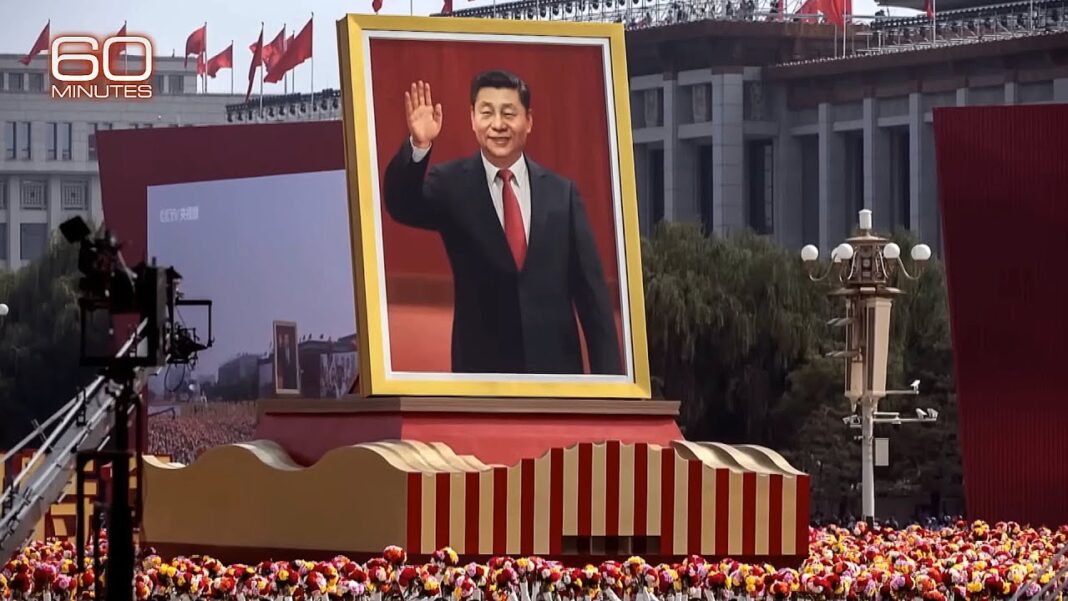The new regulation seeks to address concerns that artificial intelligence, in the wrong hands, could pose significant national security risks.
WASHINGTON—The federal government issued a rule on Jan. 13 limiting the distribution of advanced artificial intelligence (AI) technology to foreign adversaries, including Russia and China.
The rule seeks to ensure that AI technology, particularly chips critical for AI, remains under U.S. control.
“The U.S. leads the world in AI now—both AI development and AI chip design—and it’s critical that we keep it that way,” Commerce Secretary Gina Raimondo told reporters during a call on Jan. 12. “As AI becomes more powerful, the risks to our national security become even more intense.”
Although many commercial applications use AI, Raimondo noted that U.S. adversaries can also use it “to run nuclear simulations, develop bioweapons, and advance their militaries.”
The rule focuses solely on the most advanced AI technologies.
There will be no restrictions on chip sales to 20 key allies and partners, allowing them to purchase AI technology easily. There will be “broad diffusion and sharing” of the technology with these countries, Raimondo said.
Chip orders with collective computation power of up to 1,700 advanced GPUs (graphics processing units) do not require a license and are not subject to national chip caps. The vast majority of chip orders fall into this category, particularly those made by universities and research institutions, according to a White House fact sheet.
The new rule encourages U.S. allies and partners worldwide to choose trusted vendors, including both U.S. and local vendors that meet strong security standards.
Companies that meet strict security and trust standards and are based in close allies or partner countries can obtain “Universal Verified End User” (UVEU) status, enabling them to deploy 7 percent of their global AI computational capacity in countries around the world.
“Supply chain activities are explicitly excluded so chips can move where they need to be packaged or tested,” Raimondo said. “We’ve also been crystal clear that this does not apply to gaming chips.”
By Emel Akan








